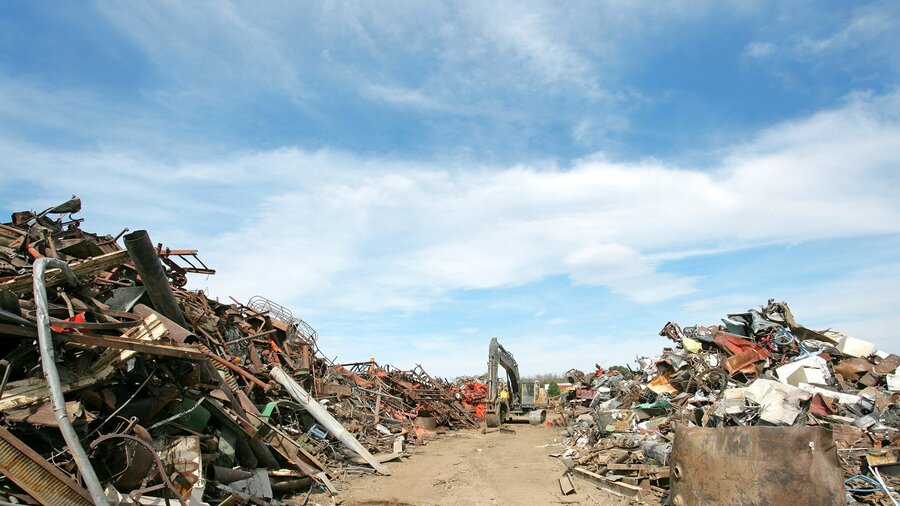

MAR 30, 2023
Recycling is an essential component of modern waste management practices. Scrap metal recycling in particular, is an excellent way to reduce waste while conserving natural resources. Scrap metal recycling involves collecting and processing discarded metals such as steel, aluminum, copper, and brass, and reusing them to create new products.
In this article, we will discuss why recycling scrap is so energy efficient, the benefits of recycling steel, conserving energy, avoiding toxic leaks, saving habitats, and the role of RCM Recycling.
One of the primary reasons why recycling scrap is so energy-efficient is that it requires significantly less energy than metal production. The process of extracting metal from ore is energy-intensive and involves significant greenhouse gas emissions. In contrast, recycling scrap metal consumes a fraction of the energy used in metal production.
The energy savings associated with recycling scrap metal are significant. According to the Institute of Scrap Recycling Industries (ISRI), recycling aluminum saves up to 92% of the energy used in primary production, while recycling steel saves up to 56% of the energy used in primary production.
In addition to the energy savings, recycling scrap metal also helps to reduce greenhouse gas emissions. According to the United States Environmental Protection Agency (EPA), the recycling of aluminum cans alone saves 95% of the energy required to produce new aluminum cans.
Recycling steel is an essential component of scrap metal recycling in Forsyth. Steel is the most commonly used metal in the world, and recycling it has significant environmental benefits. Some of the benefits of recycling steel include:
Recycling scrap metal is a great way to conserve energy. As previously mentioned, recycling scrap metal requires significantly less energy than producing new metal from raw materials. By conserving energy, we reduce our reliance on fossil fuels and help to mitigate climate change.
Additionally, conserving energy helps to reduce the overall cost of energy production. Recycling scrap metal helps to create a more sustainable energy future by reducing our reliance on non-renewable energy sources.
Another reason why recycling scrap is so important is that it helps to avoid toxic leaks. When scrap metal is not disposed of correctly, it can lead to the release of hazardous chemicals into the environment. These chemicals can contaminate water sources and harm wildlife.
Recycling scrap metal helps to reduce the risk of toxic leaks by ensuring that scrap metal is collected and processed safely. When scrap metal is recycled, it is melted down and turned into new products, reducing the risk of harmful chemicals being released into the environment.
Recycling scrap metal can also help to save habitats. When metal is extracted from ore, it often requires the destruction of natural habitats such as forests and wetlands. Recycling scrap metal helps to reduce the need for new metal production, which, in turn, reduces the destruction of natural habitats.
RCM Recycling is a scrap metal company that specializes in the recycling of ferrous and non-ferrous metals. RCM Recycling offers a range of services, including the collection, processing, and sale of scrap metal. The company works with businesses of all sizes and offers competitive pricing for scrap metal.
RCM Recycling is committed to ensuring that scrap metal is recycled safely and responsibly. The company works closely with its customers to ensure that scrap metal is collected and processed correctly, reducing the risk of environmental damage.
In addition to its commitment to responsible recycling practices, RCM Recycling also plays a role in promoting sustainability. The company's focus on recycling and reducing waste helps to reduce the environmental impact of metal production and conserve natural resources.
RCM Recycling's services are available to businesses and individuals throughout the United States. The company offers a range of collection and processing services, including container services, transportation, and onsite processing.